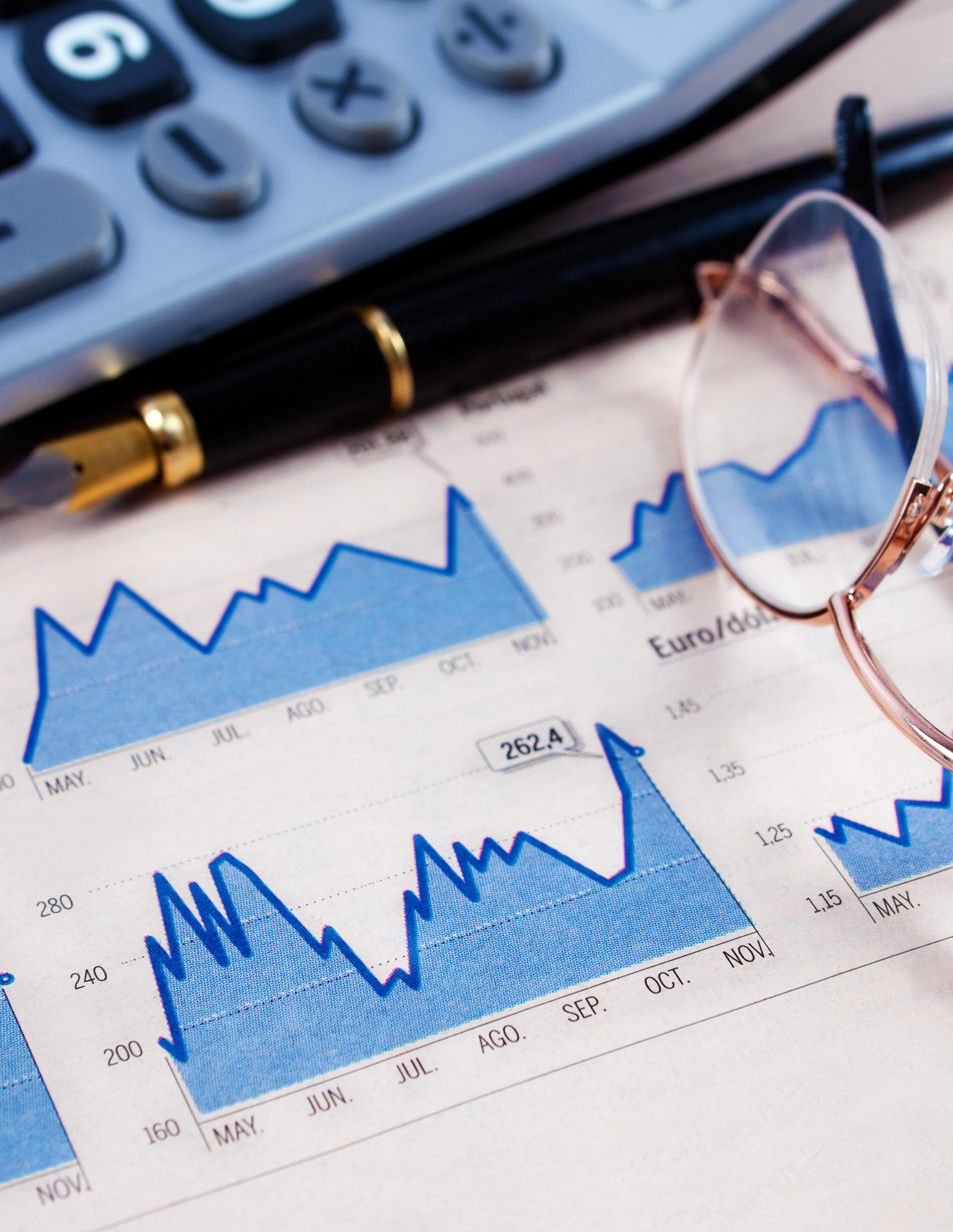
4 minute read
The impact of coronavirus on global economy by Maya Katenova
the impact of coronavirus on global economy
by Maya Katenova
Advertisement
The issue of COVID-19 is becoming popular worldwide, and different experts, researchers and economists are doing research on this particular issue today. The issue of COVID-19 is a global problem, and almost all countries will suffer severe losses. However, there is no way to tell exactly what the economic damage from the global COVID-19 novel coronavirus pandemic will be. But there is a widespread agreement among economists that it will have severe negative impacts on the global economy. Daffin (2020) mentioned that early estimates predicted that major economies will lose at least 2.4 percent of their gross domestic product (GDP) over 2020, leading economists to already reduce their 2020 forecasts of global economic growth down from around 3.0 percent to 2.4 percent. According to Daffin (2020), global GDP was estimated at around 86.6 trillion U.S. dollars in 2019 – meaning that just a 0.4 percent drop in economic growth amounts to almost 3.5 trillion U.S. dollars in lost economic output. At the same time, these predictions were made prior to COVID-19 becoming a global pandemic. It was discussed before the implementation of widespread restrictions on social contact to stop the spread of the virus. Unexpectedly, COVID-19 became a global problem. When it comes to discussing global stock markets, it should be noted that the Dow Jones reported its largest single day fall of almost 3,000 points on March 16, 2020 – beating its previous record of 2,300 points that was set only four days earlier. Congressional research reported that since the COVID-19 outbreak was first diagnosed, it has spread to over 190 countries and all U.S. states. The pandemic is having a noticeable impact on global economic growth. According to the report, global trade could also fall by 13% to 32% depending on the depth and extent of the global economic downturn.
The economic damage caused by the COVID-19 pandemic is largely driven by a fall in the demand, meaning that there are no consumers to purchase different goods and services. This dynamic can be clearly seen in such industries as travel and tourism. This reduction in consumer demand causes airlines to lose their revenue, meaning they then need to cut their expenses by reducing the number of flights they operate. The same dynamic applies to other industries such as new cars, oil, and other daily commutes. As companies start cutting staff to make up for their lost revenue, the issue is that this will create a downward economic spiral when these newly unemployed workers can no longer afford to purchase those goods and services. Unemployment rates will increase worldwide, and overall welfare will decrease as well. The COVID-19 pandemic could lead to a global recession. Despite the clear danger that the global economy is in, there are also reasons to be hopeful that this worst-case scenario can be somehow avoided. Governments understand that the effects of a demand-driven recession can be countered with government spending. Government spending is a part of Gross Domestic Spending. Consequently, many governments are increasing their provision of monetary welfare to citizens. In addition, the specific nature of this crisis means that some sectors may benefit, such as e-commerce, food retail, and the healthcare industry as well.
Finally, there is a fact that the crisis may have a clear end date when all restrictions on movement can be lifted (when a vaccine is ready). Many countries have taken small steps on the road to economic recovery by lifting lockdown measures. Manufacturing firms were among the first to return to work in some countries such as China. Governments are now permitting shops, bars, and restaurants to reopen. However, peoples’ habits are changing and as a result, demand on some goods and services will change as well. When it comes to discussing American economy, COVID-19 has left the United States facing an economic crisis, and the country’s GDP fell by 4.8 percent in the first quarter of 2020. Record numbers of Americans have lost their jobs during the pandemic, and the unemployment rate jumped to almost 15 percent in the first quarter of 2020. The Dow Jones Index fell and started to recover. However, it continues to feel the effects of a destructive period.
author Maya Katenova
Maya Katenova, DBA, PRM, is teaching at KIMEP University. She is an Assistant Professor of Finance. Maya teaches bachelor students as well as master students including Executive MBA students. She has got Teaching Excellence Award in 2017. Courses taught in her portfolio include such courses as Financial Institutions Management, Ethics in Finance, Financial Institutions and Markets, Principles of Finance, Corporate Finance and Personal Finance. She supervised Master Thesis Dissertations of several students and has numerous publications in different journals including high quality (Q1-Q2) journals. Research interests are mostly related to financial literacy and retirement planning as well as corporate social responsibility and global ethics. Maya is Professional Risk Manager and is planning to teach Risk Management in future. Her future career is strongly connected with Risk Management Conferences, symposiums and workshops.







